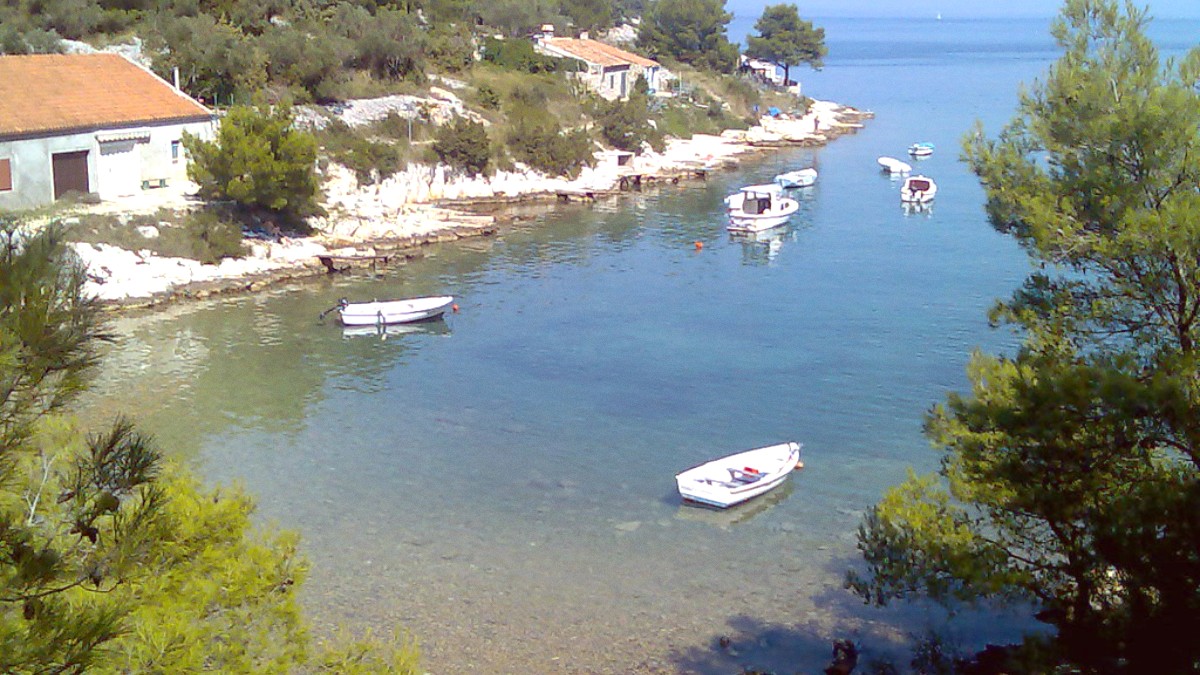
Gulf Of Kvarner, Croatia
Local SIM cards and mobile providers are readily available.
Access to the internet and postal services throughout the city is widespread.
The official language is Croatian. English is widely spoken in tourist areas, hotels, restaurants, and by younger generations. Many locals in Rijeka also speak Italian due to historical ties and regional proximity.
Typical operating hours for different businesses:
Banking hours for most banks are Monday to Friday from 8 AM to 4 PM or 5 PM. Some may have shorter hours on Saturdays. ATMs are widely available throughout the city center, at banks, shopping malls, and near major attractions. Look for signs indicating "Bankomat."
Croatia observes several public holidays. On these days, banks, post offices, and some shops may close. Public transport may operate on a reduced schedule. Public holidays include New Year's Day (Jan 1), Epiphany (Jan 6), Easter Monday (variable), Labour Day (May 1), Corpus Christi (variable), Anti-Fascist Struggle Day (June 22), Statehood Day (May 30), Remembrance Day (Aug 5), Assumption of Mary (Aug 15), All Saints' Day (Nov 1), Vukovar Remembrance Day (Nov 18), and Christmas (Dec 25-26).
Some tourist-oriented businesses, like small souvenir shops, seasonal restaurants, or specific tour operators, may close or operate on reduced hours during the low season (November-April). Peak season (July-August) presents maximum operating hours for most businesses.
Observing local etiquette and cultural norms enriches your travel experience in Rijeka.
"Bok" (hello/bye) is common among friends. "Dobar dan" (good day) or "Dobra večer" (good evening) are appropriate for general use. A handshake is common upon meeting someone.
Dress is generally casual but neat. For religious sites, cover your shoulders and knees. Swimwear is suitable only for beaches and beach areas, not for walking around the city.
Tipping is not obligatory but is appreciated for good service (5-10%). Socializing over coffee for extended periods is common; do not anticipate being rushed. Say "Dobar tek" (enjoy your meal) before eating.
Photography is generally allowed in public spaces. Be respectful when photographing people; ask permission for close-ups.
Avoid discussing politics unless invited by a local. The recent history (1990s war) can be a sensitive topic for some.
Accessibility for travelers with mobility challenges is improving, though some areas of Rijeka present difficulties.
Rijeka's city center, especially the Korzo, is relatively flat and accessible. However, the Old Town and Trsat Castle area involve hills, steps, and cobblestones. Newer buildings and public facilities generally adhere to modern accessibility standards. Many main museums and public buildings feature ramps or lifts. Check individual attraction websites for specific accessibility details.
Newer public buses are low-floor and more accessible. Not all bus stops are fully adapted, however. Taxis and ride-sharing services often arrange to accommodate mobility needs; inquire when booking.
Limited specific services are widely advertised for tourists with visual or hearing impairments. Awareness is growing, but it may call for proactive communication.
For the most up-to-date and specific information on accessibility, contact the Rijeka Tourist Board or local disability organizations before your trip. They offer tailored advice.
Travel with consciousness, considering the environmental, cultural, and economic dimensions of your visit.
Support the preservation of Rijeka's beautiful natural environment.
Conscious resource consumption reduces your environmental impact.
Your choices in accommodation and transport contribute to sustainable tourism.
Support businesses committed to ethical production and sustainable practices.
Support Rijeka's local economy to benefit the community.